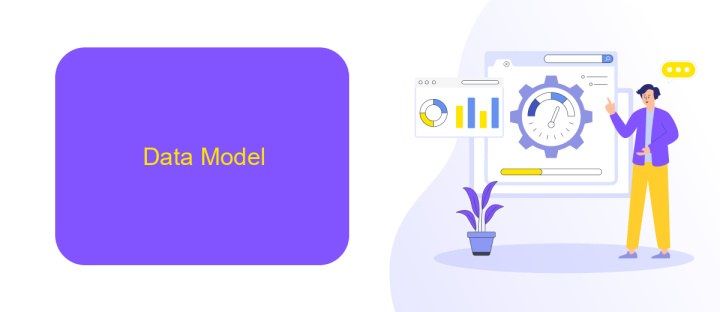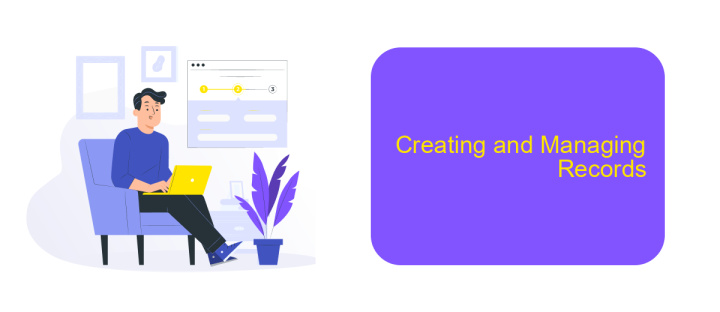What is Record Type in Appian
In Appian, a Record Type is a powerful feature that allows users to organize, manage, and display data from various sources in a unified and user-friendly interface. By leveraging Record Types, businesses can streamline their processes, enhance data visibility, and improve decision-making. This article explores the fundamentals of Record Types in Appian, highlighting their key benefits and practical applications.
Definition
A Record Type in Appian is a powerful feature that allows users to define, manage, and interact with data in a structured way. It serves as a blueprint for creating records that represent real-world entities, such as customers, orders, or products. By defining a Record Type, users can easily configure how data is displayed, accessed, and manipulated within the Appian environment.
- Data Modeling: Define the structure and relationships of your data.
- Data Integration: Seamlessly connect with external data sources.
- User Interfaces: Configure how data is presented to end-users.
- Security: Control who can view or modify the data.
Appian's Record Types can also be integrated with external services to enhance functionality. For instance, using ApiX-Drive, users can automate data synchronization between Appian and other platforms without writing any code. This integration ensures that data remains up-to-date and consistent across all systems, improving efficiency and reducing manual effort.
Data Model

The data model in Appian's Record Type is designed to efficiently organize and manage data relevant to your business processes. It allows you to define the structure of your records, including fields, relationships, and data sources. A well-constructed data model ensures that your application can retrieve and display information accurately and quickly, enhancing user experience and operational efficiency. By leveraging Appian’s low-code platform, you can easily map out complex data relationships and ensure data integrity across various applications.
To further streamline data integration, consider utilizing services like ApiX-Drive. ApiX-Drive provides robust tools for connecting Appian with various external systems, ensuring seamless data flow and synchronization. By integrating ApiX-Drive, you can automate data transfers, reduce manual entry errors, and maintain up-to-date records across all platforms. This integration capability is essential for organizations looking to leverage real-time data insights and maintain a cohesive data environment within their Appian applications.
Record Object Properties

Record Object Properties in Appian define the characteristics and behaviors of a record within the application. These properties help in managing how records are displayed, interacted with, and integrated with other systems. Understanding these properties is essential for effective record management and utilization.
- Record Type: Specifies the type of record, such as user, order, or product, providing a clear categorization.
- Fields: Defines the attributes of the record, including data types and validation rules to ensure data integrity.
- Relationships: Establishes connections between different record types, enabling complex data structures and interactions.
- Views: Configures how records are presented to users, including list views and detailed views for better user experience.
- Actions: Determines the actions that can be performed on records, such as create, update, or delete, enhancing record management capabilities.
Integrating records with external systems can further enhance their functionality. Services like ApiX-Drive can simplify this process by providing seamless integration capabilities. ApiX-Drive supports various integrations, allowing records to interact with other platforms efficiently. Utilizing such services ensures that records remain up-to-date and synchronized across different systems, improving overall data management and operational efficiency.
Creating and Managing Records

Creating and managing records in Appian is a streamlined process that allows users to efficiently organize and access data. The first step involves defining the record type, which serves as a blueprint for the information you want to capture. This includes specifying fields, data sources, and any relationships with other records.
Once the record type is defined, you can create records by either manually entering data or importing it from external sources. Appian supports a variety of data sources, including databases, web services, and APIs. For seamless integration, services like ApiX-Drive can be utilized to automate data transfers and updates between Appian and other platforms.
- Define the record type with necessary fields and relationships.
- Choose data sources and configure integration settings.
- Create records manually or import data from external sources.
- Use ApiX-Drive for automated data synchronization.
Managing records involves regular updates and maintenance to ensure data accuracy and relevance. Appian provides tools for filtering, sorting, and reporting on records, making it easier to analyze and act on the information. By leveraging integration services like ApiX-Drive, you can ensure that your records are always up-to-date and reflective of real-time data.
Use Cases
Record Types in Appian are versatile tools that can be applied in various scenarios to streamline business processes. One common use case is in customer relationship management (CRM), where Record Types can be used to manage customer data efficiently. By defining different Record Types for customers, leads, and opportunities, businesses can ensure that relevant information is easily accessible and up-to-date. This improves customer interactions and helps in tracking sales progress more effectively.
Another significant use case is in integrating external data sources. For instance, using a service like ApiX-Drive, businesses can automate the integration of data from various platforms into Appian. This is particularly useful for consolidating data from disparate systems such as CRM, ERP, and marketing tools. By creating Record Types that map to these external data sources, organizations can maintain a unified view of their operations, leading to better decision-making and operational efficiency.
FAQ
What is a Record Type in Appian?
How do Record Types benefit an Appian application?
Can Record Types be integrated with external data sources?
What are some common use cases for Record Types in Appian?
How can automation and integration services like ApiX-Drive enhance the use of Record Types in Appian?
Apix-Drive is a simple and efficient system connector that will help you automate routine tasks and optimize business processes. You can save time and money, direct these resources to more important purposes. Test ApiX-Drive and make sure that this tool will relieve your employees and after 5 minutes of settings your business will start working faster.

